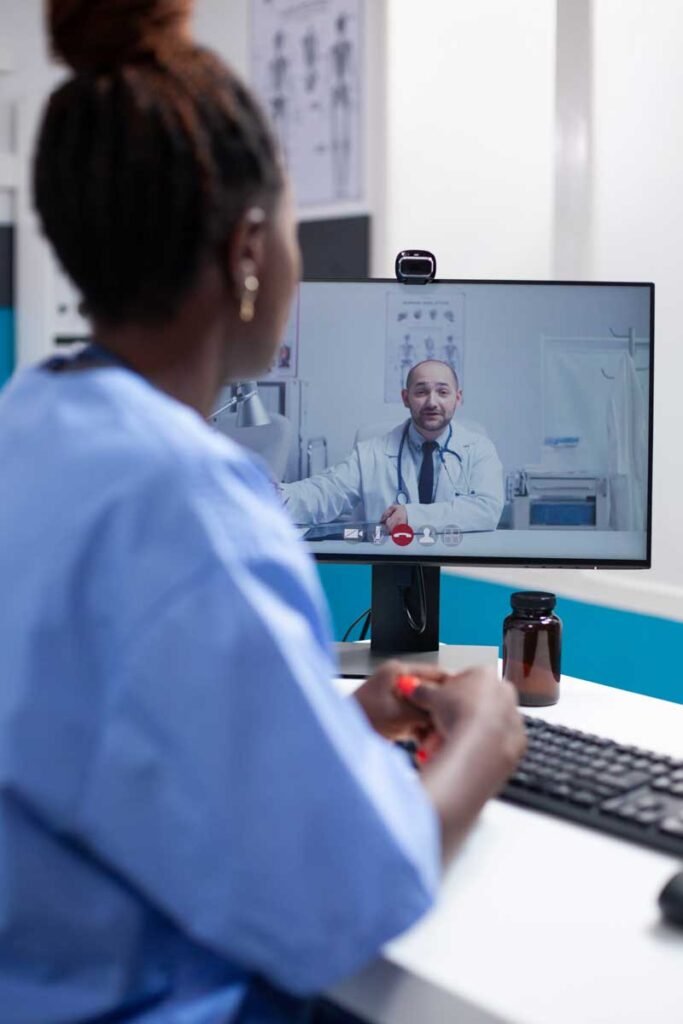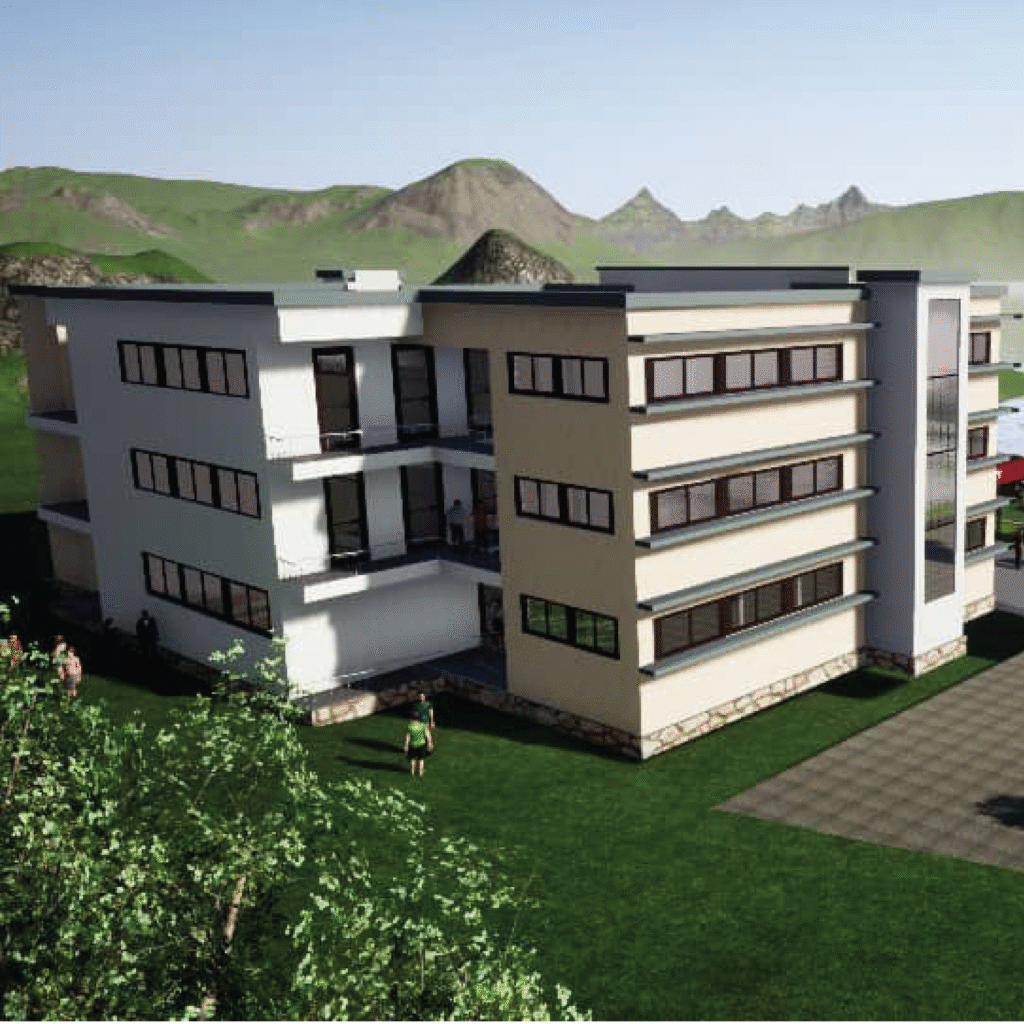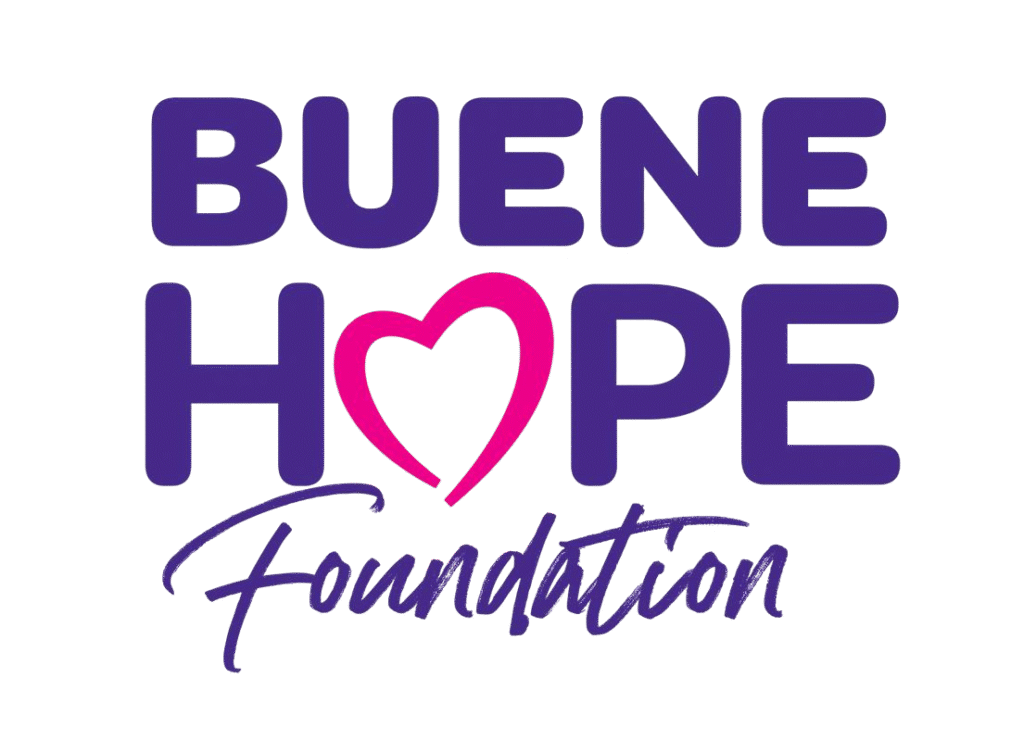- hours: Mon-Fri: 8am – 7pm
- 24 Bukavu, RDC
PROBLEM OVERVIEW
Why Building a Hospital in Ibindja is Urgent and Vital
Eastern DRC faces humanitarian emergencies: violence, displacement, and health crises. The village of Ibindja lacks a hospital. Women give birth at home; children die of preventable diseases. People walk for hours to reach basic health centers with insufficient equipment.
This neglect has led to high rates of typhoid, malaria, malnutrition, and other deadly illnesses—often caused by unclean water and poor hygiene practices.



THE REALITY ON THE GROUND
Living Without Healthcare Shouldn’t Be Normal
Kalehe is served by only one General Hospital and a few scattered centers—some over 10km away. The Mbinga-South area, where Ibindja is located, spans more than 5000 km², yet has no local hospital. Clean water is scarce. Healthcare is far. Time is life. Buene Hospital aims to change that.
Testimonial
Words of praise from our satisfied patients
Lorem ipsum dolor sit amet, consectetur adipiscing elit, sed do eiusmod tempor incididunt ut labore et dolore magna aliqua. Ut enim ad minim veniam. Vestibulum et leo vel ligula posuere consectetur. Fusce nec ultricies elit. Nunc hendrerit turpis in commodo dapibus. Suspendisse potenti. Sed a orci eu lacus viverra iaculis.

Lorem ipsum dolor sit amet, consectetur adipiscing elit, sed do eiusmod tempor incididunt ut labore et dolore magna aliqua. Ut enim ad minim veniam. Vestibulum et leo vel ligula posuere consectetur. Fusce nec ultricies elit. Nunc hendrerit turpis in commodo dapibus. Suspendisse potenti. Sed a orci eu lacus viverra iaculis.

Lorem ipsum dolor sit amet, consectetur adipiscing elit, sed do eiusmod tempor incididunt ut labore et dolore magna aliqua. Ut enim ad minim veniam. Vestibulum et leo vel ligula posuere consectetur. Fusce nec ultricies elit. Nunc hendrerit turpis in commodo dapibus. Suspendisse potenti. Sed a orci eu lacus viverra iaculis.

Milestone
Follow Our Journey to Be Best Hospital and Clinic
Lorem ipsum dolor sit amet, consectetur adipiscing elit, sed do eiusmod tempor incididunt ut labore et dolore magna aliqua. Ut enim ad minim veniam.
(1993) First Establishment of Hospital
Lorem ipsum dolor sit amet, consectetur adipiscing elit, sed do eiusmod tempor incididunt
(1997) First Establishment of Physiotherapy Unit
Lorem ipsum dolor sit amet, consectetur adipiscing elit, sed do eiusmod tempor incididunt
(2000) First Establishment of Pediatric Unit
Lorem ipsum dolor sit amet, consectetur adipiscing elit, sed do eiusmod tempor incididunt
(2012) Recognized as Best International Hospital
Lorem ipsum dolor sit amet, consectetur adipiscing elit, sed do eiusmod tempor incididunt
Doctor
Meet our Resident Doctor

dr. Alex Milner
Resident Doctor

dr. Davis Green
Resident Doctor

dr. Scarlet Rose
Resident Doctor
FAQS
Explore Common Queries Answered
Lorem ipsum dolor sit amet, consectetur adipiscing elit, sed do eiusmod tempor incididunt ut labore et dolore magna aliqua. Ut enim ad minim veniam.
